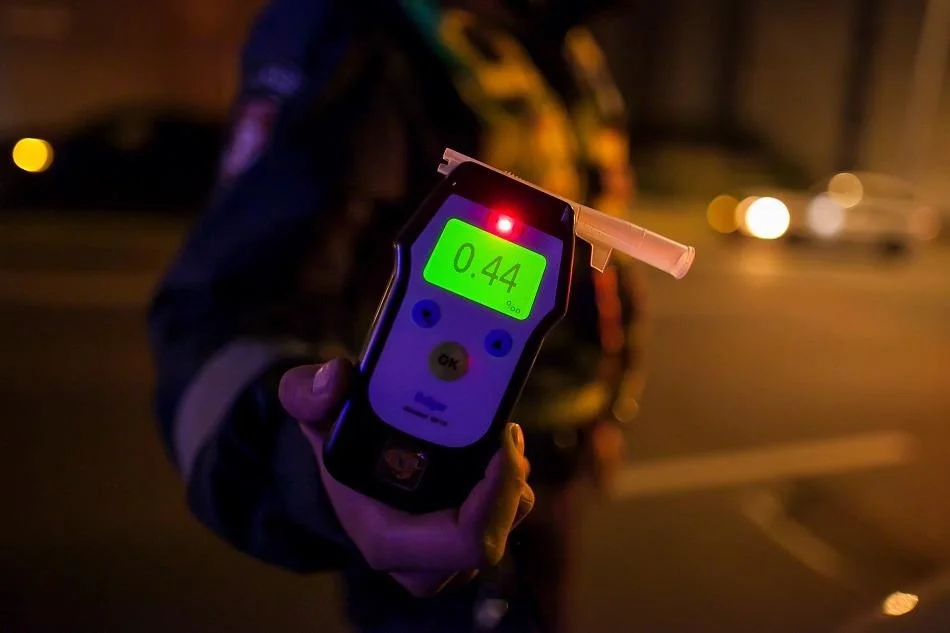245Views

Officers executing DUI searches typically ask those suspected of DUI to submit to either a breath or blood test, per Georgia’s Implied Consent laws which state that anyone operating a motor vehicle gives their permission for testing of blood, breath or urine for alcohol content.
However, these tests don’t always produce accurate results and an experienced DUI attorney can assist their client in challenging these results and winning their case.
Our Alpharetta DUI attorney discusses the science of breathalyzer tests, as well as common issues that lead to inaccurate test results. Furthermore, this article spotlights technological innovations which may improve breathalyzer accuracy as well as other chemical testing methods in DUI cases.
Breathalyzer Tests
A breathalyzer is an electronic device that uses chemical reactions to detect alcohol in one’s breath. Modern breathalyzers use infrared spectroscopy or fuel cell technology and measure how many ethanol molecules come out when exhaling, using algorithms and sensors to calculate an individual’s Blood Alcohol Concentration (BAC).
However, several factors can skew the accuracy of a breathalyzer test result: mouth alcohol contamination, temperature extremes and medical conditions that inhibit an individual’s ability to absorb or excrete alcohol. Certain medications and dental/oral procedures may also interfere with this type of testing procedure.
Sensitivity of equipment used for breathalyzer testing may also be affected by environmental factors, such as high or low humidity levels, temperature fluctuations or the presence of chemicals. Furthermore, devices may be susceptible to electromagnetic interference caused by devices like mobile phones and radios.
Breathalyzer accuracy depends heavily on how it is administered, which requires law enforcement officers to follow all protocols when administering tests to ensure accurate readings – failing to do so may cause inaccurate readings that lead to the arrest of innocent drivers.
Problems With Mouth Alcohol Contamination
One of the primary sources of false breath test results is mouth alcohol contamination, which occurs when there is residual alcohol present in one’s mouth or throat before taking the test. This may occur as a result of recent use of an alcohol-containing mouthwash or cough syrup, regurgitation or dental procedures; when this happens, tests may show an artificially high BAC reading.
Other factors that can alter breathalyzer results include mouth dryness, diabetes and medical conditions that interfere with metabolizing alcohol. An experienced DUI lawyer can assist clients in understanding the intricacies of breath/blood tests as well as challenging evidence against them, potentially helping avoid steep fines and any conviction from going on their record, which could have long-term financial repercussions.



